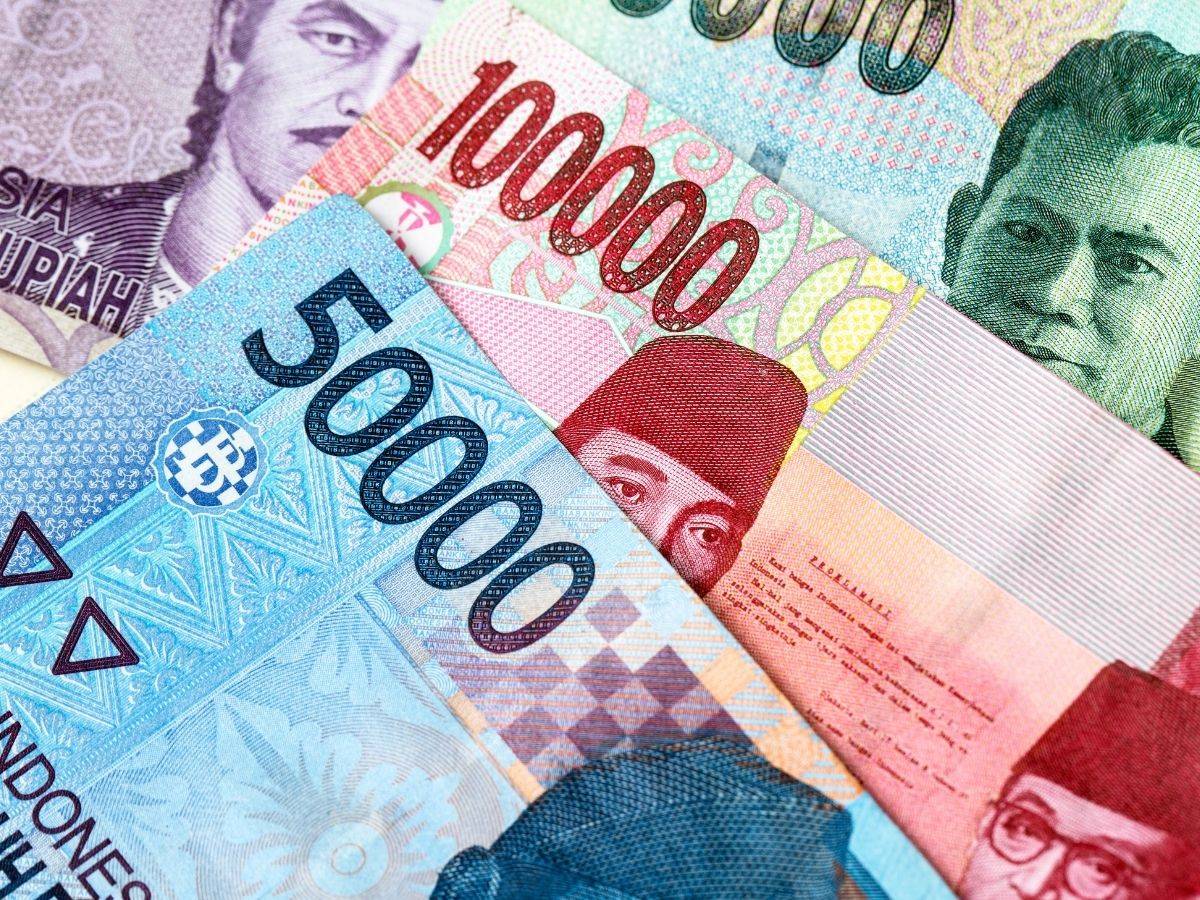The Requirements for the Exemption of Tax on Dividend Earned Within the Country in Indonesia
After discussing the articles on income tax on dividends which are tax-exempt through the Job Creation Law (Law Number 11 of 2020), with the issuance of the Minister of Finance Regulation Number 18 of 2021 which is effective on 17 February 2021, in this article we will explain the conditions for the dividends earned from within the country exempted of income tax.
The Job Creation Law provides different conditions regarding dividends in order to be exempt from tax (exempted from tax objects). According to the Tax Cluster Job Creation Law, for individual taxpayers, the dividend earned must be invested in Indonesia, while for corporate taxpayers there is no such requirement.

The Requirements for the Exemption of Tax on Dividend Earned Within the Country in Indonesia
The conditions for a domestic dividend received by individual taxpayers to be tax exempted according to the Minister of Finance Regulation Number 18 of 2021 regarding the Implementation of the Job Creation Law Number 11 of 2020 for the Taxation Sector are as follows:
Our Service Recommendations
1. Investment location
The dividend must be invested domestically by following certain criteria, procedures and time (PMK 18/2021 Article 15 and Article 33). If the investment does not meet the criteria, procedure and period, the time when income tax is payable on dividends is when the dividends are received. Payment for tax on the dividend is paid no later than the 15th of the following month after the dividend tax period is received/earned.
2. Taxable dividends
The portion of the dividend that receives tax exemption is only for the part that is invested, so that those who are not invested will still be subject to income tax (PMK 18/2021 Article 16).
3. Form of investment
The required forms of investment are as follows (PMK 18/2012 Article 36):
Investing in financial markets:
News & Articles Recommendations.
-
State securities of the Republic of Indonesia and the Sharia securities of the Republic of Indonesia;
-
State Owned Enterprises Bonds or sukuk whose trading is supervised by the Financial Services Authority;
-
Bonds or sukuk, a financing institution owned by the government whose trading is supervised by the Financial Services Authority;
-
Financial investment in perception banks, including Islamic banks;
-
Private company bonds or sukuk whose trading is supervised by the Financial Services Authority;
-
Infrastructure investment through government cooperation with business entities; and / or
-
Other forms of investment that are legal in accordance with the provisions of laws and regulations.
Required investment placements in the financial market are as follows:
-
Debt securities, including medium term notes;
-
Sukuk;
-
Stock;
-
Mutual fund participation unit;
-
Asset-backed securities;
-
Real estate investment fund unit;
-
Deposit;
-
Savings;
-
Giro;
-
Futures contracts traded on a futures exchange in Indonesia; and/or
-
Other financial market investment instruments include insurance products linked to investments, finance companies, pension funds, or venture capital, which are approved by the Financial Services Authority.
Investment instruments outside financial markets:
-
Real sector investment based on priorities determined by the government;
-
Equity participation in a company that is newly established and domiciled in Indonesia as a shareholder;
-
Equity participation in companies that have been established and domiciled in Indonesia as shareholders;
-
Cooperation with investment management institutions;
-
Use to support other business activities in the form of channeling loans to micro and small businesses within the territory of the Republic of Indonesia in accordance with the provisions of laws and regulations in the field of micro, small and medium enterprises; and/or
-
Other forms of investment that are legal in accordance with the provisions of laws and regulations.
Investment Placement outside the financial market that is required are as follows:
-
Infrastructure investment through government cooperation with business entities;
-
Real sector investment based on priorities determined by the government;
-
Investments in property in the form of land and/or buildings erected on it;
-
Direct investment in companies in the territory of the Republic of Indonesia;
-
Investments in precious metals in the form of gold bullion or bullion;
-
Cooperation with investment management institutions;
-
Use to support other business activities in the form of channeling loans to micro and small businesses within the territory of the Republic of Indonesia in accordance with the provisions of laws and regulations in the field of micro, small and medium enterprises; and/or
-
Other forms of investment outside of the legal financial market in accordance with the provisions of laws and regulations.
-
Investments through the mechanism of equity participation in companies in the form of limited liability companies.
-
The sectors that are the government's priority in real sector investment include the sectors stipulated in the National Medium Term Development Plan.
-
Property investment does not include property that is subsidized by the government
-
Precious metal is gold bullion or bullion with a purity level of 99.99% (ninety-nine point ninety-nine percent). Gold bullion or bullion is gold produced in Indonesia, and is accredited and certified by the Indonesian National Standard (SNI) and / or the London Bullion Market Association (LBMA).
Time and period of investment
Investments must be made no later than the end of the third month after the tax year ends, for the tax year dividends or other income are received or obtained.
The investment as referred to in Article 35 shall be made for a minimum of 3 (three) Tax Years starting from the Tax Year when dividends or other income are received or earned.
Investments cannot be transferred, except in the form of investment that is allowed as described above.
The requirement to report the investment
Taxpayers shall submit an investment realization report (PMK 18/2021 Article 41).
How to report the investment realization report:
-
Electronically via a specific channel
-
If the electronic channel is not yet available, the investment realization report is submitted by: a. directly; or b. by post or company. courier service or courier service with proof of delivery of letters, to the KPP where the taxpayer is registered.
Taxpayers must submit an investment realization report:
a. Periodically no later than the end of the third month for individual Taxpayers; and
b. Submitted up to the third year since the Tax Year when dividends or other income are received or received.
Provisions regarding the form of documents and provisions for submitting investment realization reports are listed in Attachment VII of PMK 18 of 2021.
------------
News & Articles Recommendations.





